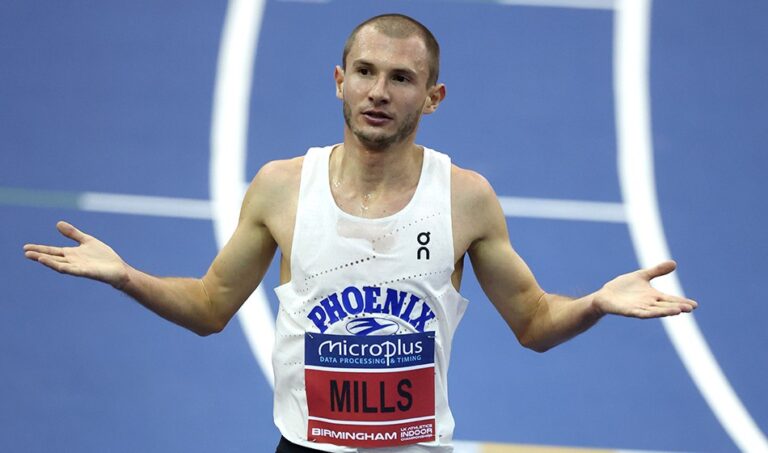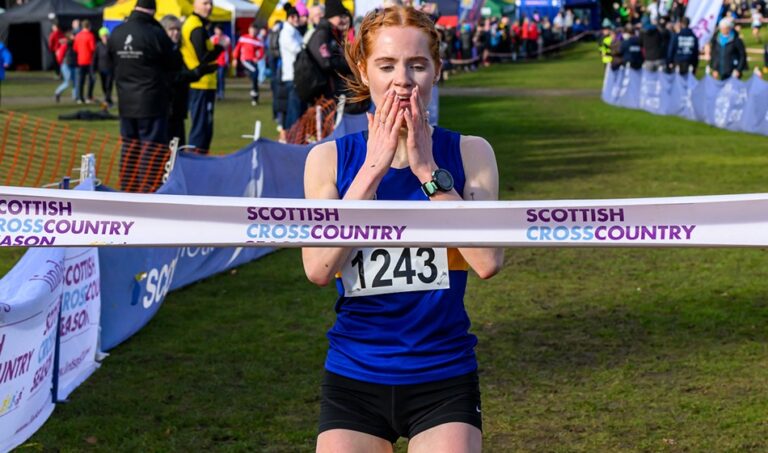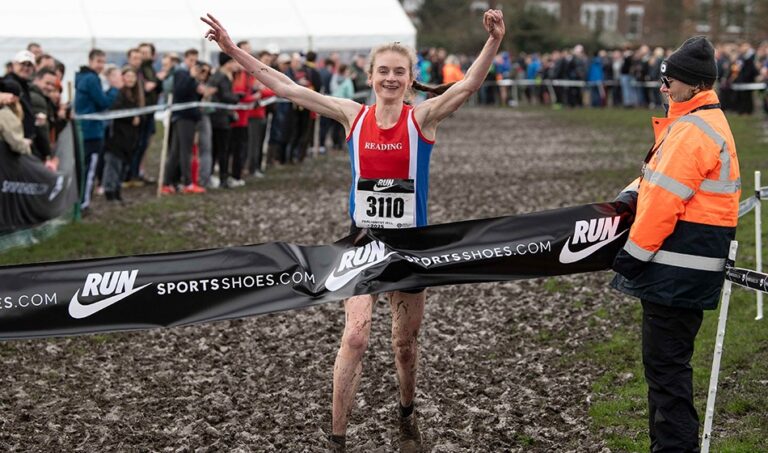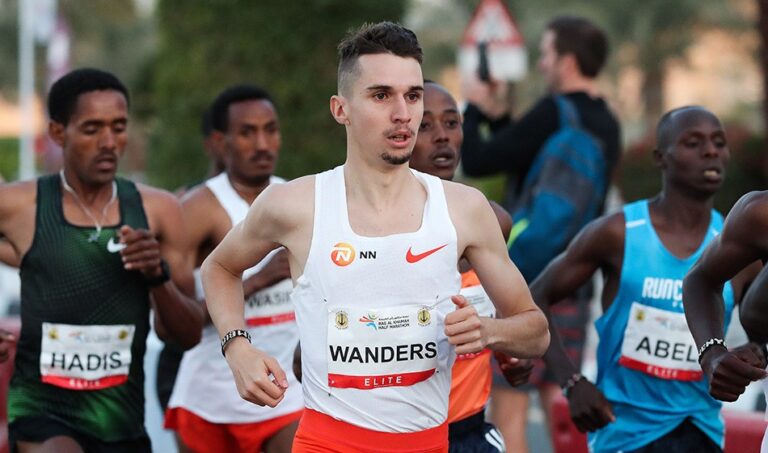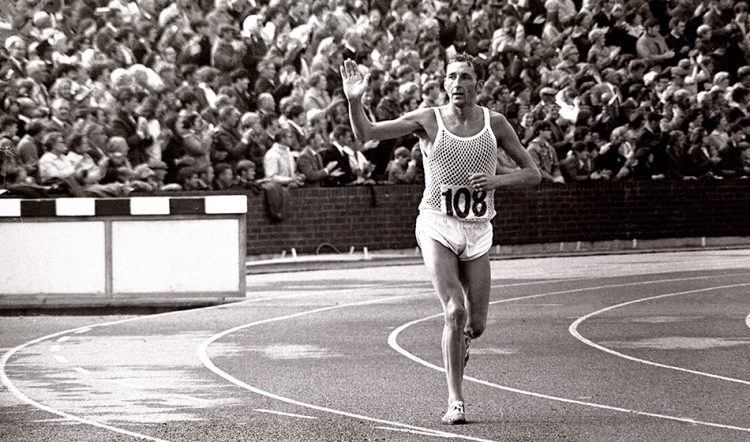
Ron Hill, John Whetton, Andy Carter and Jess Piasecki are among former members
The winter of 2024-25 sees the centenary of the University of Manchester Cross Country Club.
Over the past century the club has been at the forefront of sport at Manchester, providing opportunities for all abilities, some of whom have risen through the ranks, not least Ron Hill who joined in 1957 as a third team member and left in 1964 with his doctorate and clutching an invitation to become an Olympian and represent Great Britain in the 1964 Tokyo Games. He was, of course, to go on to have an illustrious career, winning Commonwealth and European gold at the marathon, as well as representing GB in three Olympics.
But Hill was not alone: fellow Manchester student John Whetton was also selected for both the 1964 and 1968 Olympics, finishing fifth in the 1500m final on both occasion.
The penultimate weekend of September 1969 was a proud one for the cross country club and the whole university: on the Saturday Whetton stormed home in the 1500m to win European gold in Athens; the next day, not to be outdone, Hill won the marathon to bring double gold back to Manchester. And a year later Hill was victorious in the Commonwealth Games of 1970 in what many argue was a world best time.

John Whetton (Mark Shearman)
Manchester Championships
Accompanying Hill to the 1972 Olympics was Andrew Carter, reaching the 800m final, having the previous year taken the bronze medal position in the European Championships in Helsinki; the next year the ex-Manchester student broke the British record for the third time.
To the surprise of many, and an indication of how times have changed, it is only in the last 50 years that women have been allowed to compete at cross country, with Jess Piasecki running in the 2021 Olympics, while Aimee Pratt has competed in the last two Games. Whereas at one time women were treated as second best, in recent times they have outnumbered the men and exceeded them in terms of achievements.
Further success at international level has come for over 30 ex-cross country club runners in the latter half of its existence. And the cross country club has been successful off the field also, with many members remaining in the sport post university, whether as medical directors, team managers, physiotherapists, coaches, or administrators.

Tiler Bilyard chased by Marcus Shantry (J-P Kearns)
Since the 1967 the club has promoted the University Cross Country Relays, catering for around 800 athletes, with prizes to the value of over £3000 donated by Ronhill Sports, the company that the late Ron Hill founded. This is the premier cross country relay for student teams across the country with this year’s event being held on October 26: details can be found
About Manchester
Manchester, city and metropolitan district in the metropolitan region of More prominent Manchester metropolitan area, northwestern Britain. The vast majority of the city, including the notable center, is in the noteworthy region of Lancashire, however it remembers a region south of the Stream Mersey for the memorable area of Cheshire. Manchester is the core of the biggest metropolitan region in the north of Britain, and it stays a significant territorial city, however it has lost the uncommon imperativeness and exceptional impact that put it at the very front of the Modern Unrest.
The city is today popular overall for its two top Chief Association football clubs, Manchester Joined together and Manchester City.Manchester was a metropolitan model: in many regards it could profess to be the first of the new age of immense modern urban areas made in the Western world during the beyond 250 years. In 1717 it was simply a market town of 10,000 individuals, yet by 1851 its material mostly cotton businesses had so thrived that it had turned into an assembling and business city of in excess of 300,000 occupants, previously pouring out its rural areas and retaining its modern satellites.
By the start of the twentieth hundred years, salients of metropolitan development connected Manchester to the ring of cotton-fabricating towns — Bolton, Rochdale, and Oldham, for instance — that nearly encompass the city, and another type of metropolitan turn of events, a conurbation, or metropolitan region, was advancing. By 1911 it had a populace of 2,350,000. Before very long, notwithstanding, the speed of development eased back emphatically.
Assuming the nineteenth century was Manchester’s brilliant age, when it was unquestionably England’s subsequent city, the twentieth century was set apart by expanding modern issues related with the decay of the material exchanges the aftereffect of unfamiliar rivalry and mechanical oldness.
Project Fair Play launched to help inspire the next generation


